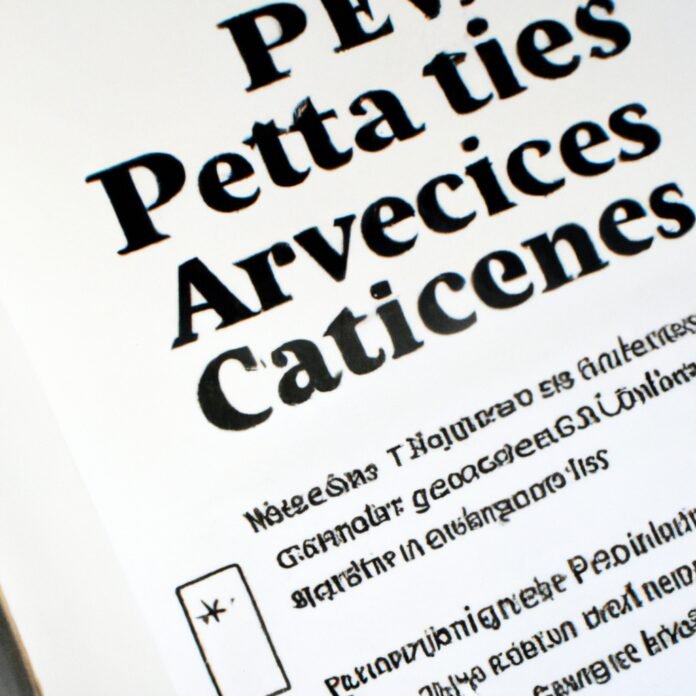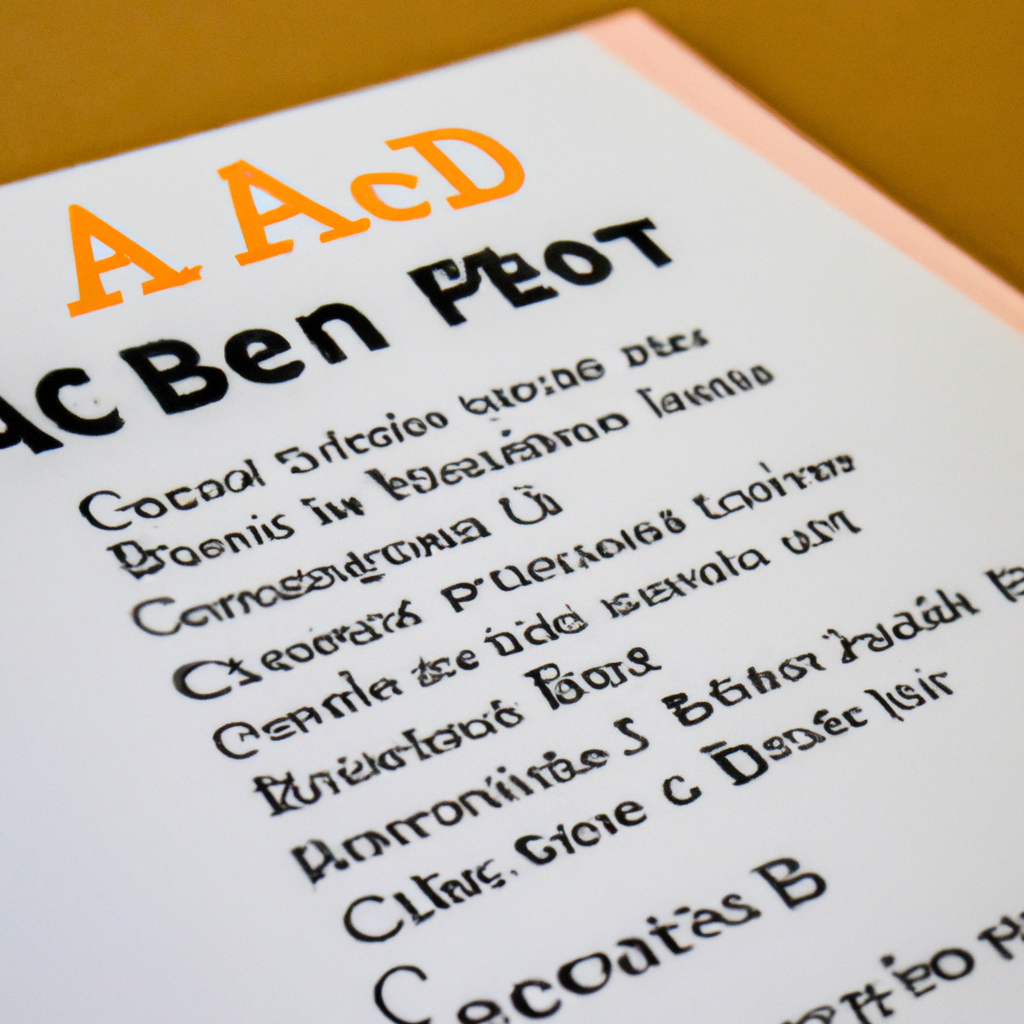Would you let an entire year pass without seeing a doctor? Probably not—so why would you let your pet wait that long? Regular preventive care is essential for keeping pets healthy and happy, and it’s never too early to learn how to give them the care they deserve. Read on to learn more about the importance of preventive care for animals and how to properly plan your pet’s check-ups throughout their lifetime.
1. The Benefits of Regular Pet Check-Ups
Regular check-ups should be part of a pet’s annual health plan, especially for older animals. The sooner pet owners identify potential problems and treat them, the better the outcome for pet and pet owner alike.
Identifying Potential Health Problems Ahead of Time
Regular visits to the vet can help pets avoid unnecessary pain and suffering. With regular check-ups, health issues that might otherwise have gone undiagnosed can be identified early, and treatments can be made promptly, with better outcomes for the pet.
Preventative Screening Tests
The vet may well recommend additional screening tests, such as urine tests, x-rays, and blood tests, to assess the overall health of the pet. Depending on the results the vet may be able to diagnose potential health problems before they become serious, and prescribe preventative treatments.
Behaviour Changes
With regular check-ups, an experienced vet can often spot behavioural changes in pets that may be indicative of health issues. Many health problems are accompanied by diet changes, lethargy, or excessive grooming. By getting to the root of the issue, the pet can be put back on the mend quickly.
Keeping Your Pet’s Vaccinations Up to Date
Pet owners must ensure their pet remains up to date on its vaccinations. Vaccines protect against a variety of common and contagious ailments. By keeping the pet’s vaccinations current, the potential exists to identify any health challenges or diseases early on, and potentially treat them without any significant interruption to the pet’s routine.
The Benefit of Having a Trusted Veterinarian
Having a trusted veterinarian to provide regular check-ups gives both pet and owner a sense of security and safety. When a pet shows signs of potential health issues, it’s comforting to be able to turn to a professional who is already familiar with one’s pet and agreeable to providing help.
2. Factors to Consider Before Booking an Appointment
Take Your Time
Remember, taking the time to make an informed decision is the best way to ensure you’re making the right choice. Speak to the tattoo artist ahead of time, make sure their style and work aligns with your vision and read customer reviews online.
Health and Safety
Health and safety should be your priority when booking an appointment. Make sure to work with a professional tattoo artist in a hygienic environment. It’s important to ask questions, such as:
- Is the shop clean and organised?
- Do they use single-use needles?
- Do they use sterile equipment and gloves?
Design
It’s important to spend time with your artist discussing the design you want to get and understanding what it will take to complete it. Don’t be afraid to ask questions such as, how long will it take? What kind of machinery and equipment will be used? How much detail is included in the design?
Aftercare and Maintenance
Proper aftercare and maintenance of a tattoo is essential if you want it to last. Ask your chosen artist how to take care of it afterwards. Get advice on how to protect it from the sun, prevent infections and other possible risks.
Price
Finally, it’s important to consider how much you’re willing to spend on a tattoo. It’s important to spend within your budget and find the right balance between quality and price. Keep in mind that the price of a tattoo can vary depending on the size, design, and artist.
3. Step-by-Step Guide to Planning Preventive Pet Care
Good preventive pet care starts with a custom plan tailored to your pet’s individual needs.
1. Have a Check-up
The first step in planning good preventive care for pets is to pay a visit to your veterinarian for a check-up. Let your vet know about any changes in your pet’s health, behavior, or lifestyle. The vet will do an examination and will advise you regarding any vaccinations, tests, or preventative treatments needed. Be sure to ask questions and to discuss health issues in detail so that you have the best information about what your pet may require.
2. Invest in Quality Nutrition
Make sure to feed your pet the freshest and most nutritious food. Nutritionally complete and balanced foods tend to cost more, but it is well worth it. The quality and variety of food will have an impact on your pet’s overall health and wellbeing. Avoid feeding your pet table scraps, processed treats, and other unhealthy snacks.
3. Practice Regular Grooming
Grooming is important for keeping your pet’s coat healthy and vibrant. Different types of pets require different grooming techniques, be sure to check with your vet for what is best for your pet’s breed and age. Regular grooming prevents skin conditions, infections, pain, and discomfort.
4. Exercise and Mental Stimulation
Pets need regular physical and mental stimulation to remain healthy and happy. Educate yourself on the type of activities and exercise that is most suitable for your pet and follow through with their daily physical and mental needs. Take them for walks, play with them, and make sure to shower them with plenty of love and affection!
5. Keep Vaccinations Up-to-Date
Vaccinations provide protection from certain viruses and illnesses. Vaccination against some diseases has greatly improved the general health and quality of life of pets. Vaccinating your pet on time is the best way to prevent illness and keep them happy and healthy. Talk to your vet about which vaccinations your pet needs.
4. Taking Care of Your Pet’s Health: Key Tips to Remember
Taking good care of your pet’s health is key to helping them live a long, happy and healthy life. Here are some key tips to help you ensure yourfour-legged companion stays happy and healthy:
- Regular Checkups: Just like us, your pet needs regular checkups with the vet to stay healthy. Have your pet checked annually or as your vet recommends. It’s also important to take them for check-ups if they are displaying any unusual or concerning behavior.
- Nutritious Diet: Feed your pet a nutritious diet that is compatible with their age, size and activity level. If you have any questions on what kind of food is best for them, ask your vet. Be sure to provide your pet with fresh water at all times and feed them in designated areas away from other pets.
- Exercise: Giving your pet plenty of exercise is essential for their overall health. Depending on the type of pet you have, this can include anything from taking a long walk around the block to playing fetch in the park or simply allowing them to play indoors.
- Grooming: It’s important to maintain a regular grooming routine for your pet. Regular brushing can help reduce shedding, decrease the chances of skin parasites, and even provide your pet with a comforting massage. Additionally, bathing your pet a few times a year can help keep their coat and skin in good condition.
- Vaccinations: Make sure your pet receives all necessary vaccinations to protect them from certain diseases. Ask your vet for advice on which vaccinations your pet should get and how often.
- Parasite Control: Keeping your pet free of fleas, ticks, heartworms, and other parasites is important. Speak to your vet about the best products to use for your pet and how often they should be administered.
Following these key tips can keep your pet healthy and free from harm. Make sure to talk to your vet about any questions or concerns you have regarding your pet’s health. With the right care, your pet can enjoy a long and healthy life.
Doing preventive care for your pet provides them with the best chance of a healthy and long life. Show them some love, make those appointments, and keep your furry friend healthy and happy!



